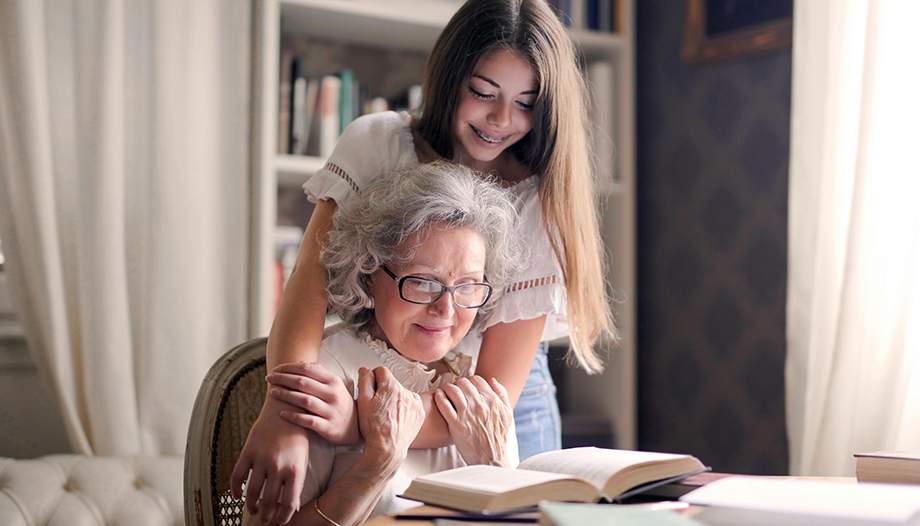Did you know that in hunter-gatherer communities, children with a grandmother are 40 percent more likely to survive? Grandmothers are a fundamental part of the success of the human species, even if they are now, unfortunately, disposable.
I heard it from María Martinón, an eminent anthropologist whom I often quote. The apparent scientific evidence she describes even has a cute name: the "grandmother theory". What does it consist of? The director of the National Center for Research on Human Evolution explains it this way: "Menopause, in women, happens too early because we are a very long-lived species. It is not, therefore, a deterioration but a strategy for success. Having a grandmother with full physical and mental capacities means having someone who is going to invest part of her life so that we can get ahead. In addition," she adds, "they are an immense reservoir of knowledge and memory.
Even in our urban communities of the 21st century, no one has the slightest doubt that this is as true as a temple.
The grandmothers and grandfathers are an enormous wealth for our society and it is they who have borne and continue to bear on their shoulders a large part of the family burden: they take care of the grandchildren, take them to school, to extracurricular activities, to catechesis, prepare meals for their sons, daughters and spouses, contribute financially to their children's homes or businesses in times of crisis... How great are the grandparents!
But, alas, when they start to stop being productive and "convenient" to the system! We depend on them for everything, but when they are the ones who depend on us, we discard them. They become grandparents clínex.
They are also guilty, to a certain extent, of this sad trend. Because many have educated their children not to suffer for absolutely nothing, to run away at the slightest problem that demanded effort or detachment. Mom and Dad were always there to pull our chestnuts out of the fire; but now, since they can no longer help us and the problem of their care falls on us, we are not able to face it.
The solution of the euthanasia is presented as an attractive solution to the problem and it is the grandparents themselves, in their obsession to avoid suffering for their children, who are already asking for the help of suicide in the event of not being able to cope with their care. I heard an elderly woman say the other day: "I don't want to be a burden to my children. As soon as I am no longer able to look after myself, let them give me the injection". It might seem a gesture of extreme generosity, but in reality, suicide (when there is no mental imbalance involved) is nothing less than an act of pride, the most radical self-affirmation of one's own self. II am so big that I can even decide when to die".
In the recent statement "Dignitas infinita" published by the Holy See, we are reminded that "helping the suicidal person to take his or her own life is an objective offense against the dignity of the person who asks for it, even if it fulfills his or her wish: "we must accompany death, but not provoke death or assist any form of suicide. I recall that the right to care and care for all must always be privileged, so that the weakest, in particular the elderly and the sick, are never discarded".
God, or the grandmother's evolutionary theory whatever we want to call it, he wanted the grandparents were there to help us grow and to pass on to us the knowledge that requires more experience. And the fact is that a helpless elderly person, far from being a hindrance, can become the best life lesson for our children because it explains to them where all human efforts end, it gives them the necessary perspective to understand who we are and where we are going.
To deprive our children of seeing them grow old, of helping them when they are no longer able to help themselves, of accompanying them in their last years and at the moment of death is to deprive them of the most important lesson of life: that human beings have an expiration date and a dignity that goes far beyond whether or not we are worth anything. There is no one like a grandmother at home to explain, by her presence alone, that we are finite beings endowed with infinite dignity.
Journalist. Graduate in Communication Sciences and Bachelor in Religious Sciences. He works in the Diocesan Delegation of Media in Malaga. His numerous "threads" on Twitter about faith and daily life have a great popularity.







